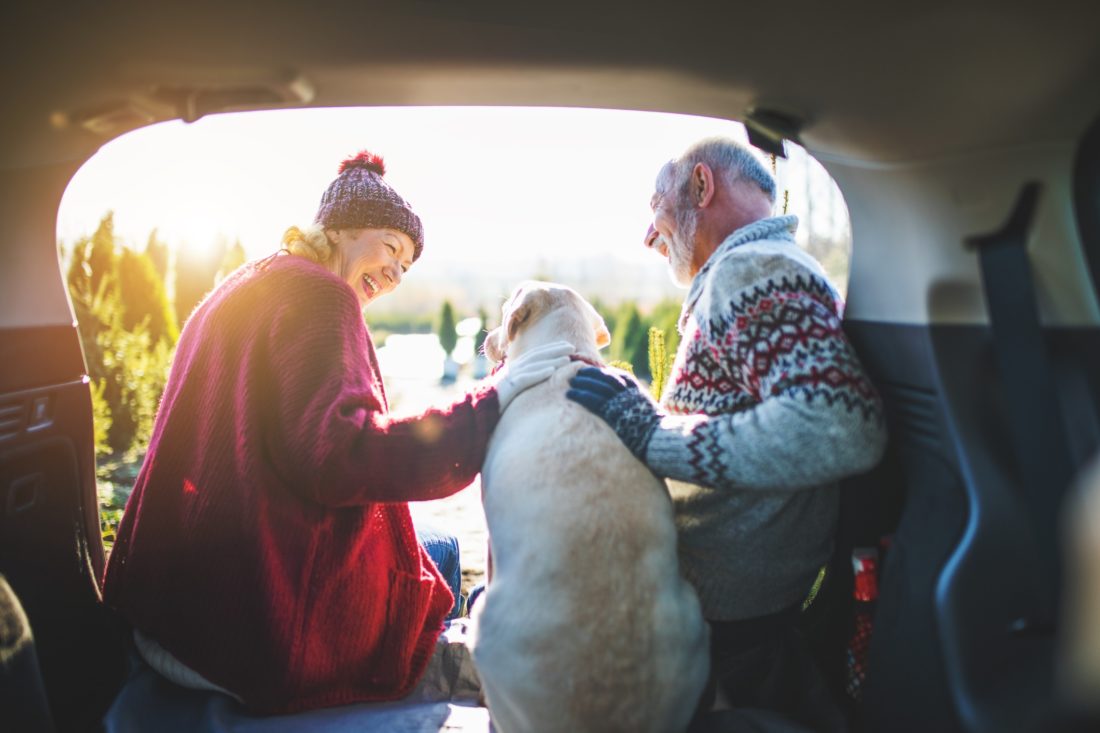
What it’s like to adopt and care for a senior pet
With charities like the RSPCA, Dog’s Trust and many smaller organisations taking in pets who can no longer stay with their owners, animals have a temporary place to stay until they move onto their forever homes. Sadly, some animals stay in shelters much longer than others and their age often plays a large part in the reason they are overlooked.
National figures suggest that it takes up to three times as long to rehome an older animal, with many potential owners wanting to raise younger pets. This is why animal shelters and rescue charities are encouraging suitable potential owners to consider the value of adopting an older pet into their family. Here’s what you should think about if you’re looking to bring new life into a senior animal.
Medical History
Most older pets will come with medical history, all require regular health checks, and some may well have a condition which needs continuing treatment. You’ll need to monitor your older pet for any changes or concerning behaviour. All of this comes at a financial cost, so you should make sure you have the means to cover for this as and when it comes up before adopting an older pet.
Some charities, including the RSPCA, run schemes for elderly cats and dogs to help with those looking to adopt senior animals but are concerned about the financial implications of care. These schemes aim to provide free behaviour advice and cover the cost of things like vaccinations, flea and worm treatment, and medical support. Some may even offer grants or discounts for emergency treatment and surgery.
Training
Usually, older dogs are already trained and have excellent manners, which means you don’t need to put in the months of hard work to get them housetrained and obedient. They can often be used to being around humans and can feel much more settled than their younger counterparts. That’s not to say they can’t learn new tricks though, they’re the perfect candidates for further obedience classes as they stay focused and are often eager to please their beloved humans.
Whilst older dogs may be used to different house rules in the past and might expect to continue this behaviour in your home, they can be trained out of these habits with some patience, consistency and plenty of treats.
Temperament
Every animal is different, so their attitude and energy can’t be accounted for. On a whole though, older animals tend to be much more relaxed and settled than younger pets and they have heaps of personality. Many new owners of senior animal have reported that they formed an instant bond with their new companion and the instant level of love and attention they receive is markedly different from young animals. You will very quickly become their new hero, your home their new safe place; they’re usually very willing to show you that.
Senior pets are often the perfect choice for older humans as not only do they act as a faithful, loving companion but they’re happy to move through life at a more relaxed pace and won’t have the same demands as younger pets.
Walking
It is important to keep an older dog active, but you will need to consider their energy levels and their physical capabilities. Find out from the charity what they would recommend in terms of walk length and difficulty level. Check with a vet if you notice them struggling at any stage. For older cats, try to keep them active with new toys, changing up their environment and creating spaces for them to explore.
Accessibility
Older cats and dogs tend to sleep a lot more so it’s important that they have somewhere comfortable to do that during the day away from loud noises. If your pet struggles with joint and mobility problems, consider making adjustments around your home to keep them comfortable. This could be anything from buying a ramp for them to get to higher areas to moving their food to an area they can comfortably reach.
Insurance
Your pet can be insured at any age though it can sometimes be difficult to find fair premiums for older pets. With R Collins & Co, we can help you find competitive insurance for your new golden oldie, so you can rest assured your pet will be covered. With the right support in place for your pet, you will have the financial aid available to get any treatment they need in the future. To find out more, call us on 01977 558391.
